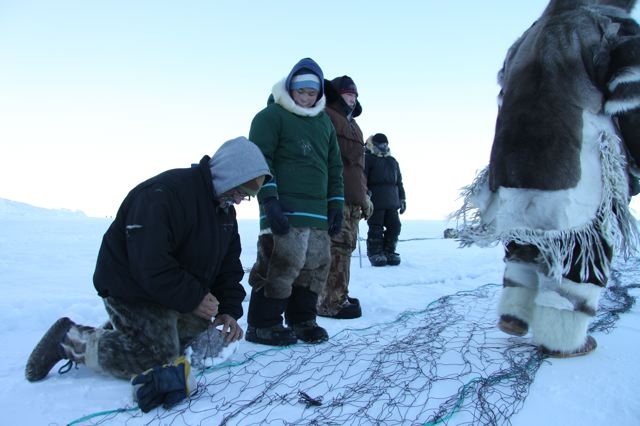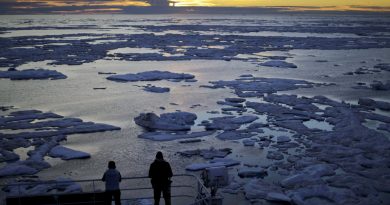WTO upholds EU ban on seal products

The World Trade Organization appellate body issued a ruling on Thursday that upholds the controversial European Union seal ban.
A World Trade Organization panel ruled in November 2013 that while the ban did undermine fair trade, it could be justified moral grounds for animal welfare.
In January 2014, Norway and Canada appealed.
However, the WTO’s Appellate Body upheld the panel’s finding on Thursday saying that the “EU Seal Regime” is “necessary to protect public morals.”
Animal rights groups praised the decision.
“This decision confirms that global markets for products of commercial seal hunts are closed and commercial sealing has no future,” said the Humane Society International/Canada, an animal protection organization, in a statement on Thursday. “It is time the Canadian government stops wasting taxpayers dollars on a futile battle to preserve this cruel and outdated slaughter.”
Ban’s effect on Arctic indigenous peoples
The European Parliament passed the bill to ban the importation of seal products in 2009 after a campaign by animal welfare activists against the commercial seal hunt.
Though indigenous people in the Arctic are exempt from the ban, the law has effectively killed the market for seal products.
This has had a major economic and social impact for Inuit, Sami and other Arctic indigenous communities.
Canadian Inuit leaders have called the ban ‘immoral’ and ‘outrageous.’
In a 2012 Eye on the Arctic interview, Leif Fontaine, the president of Greenland’s Association of Fishers and Hunters, said the destruction of the sealskin market threatened “seriously our identity and existence of Greenland’s 60 small settlements.”
And in an interview with Radio Sweden, Sámi handicraft seamstress Lise Tapio Pittja highlighted the despair the ban had caused indigenous people throughout the Arctic.
“People think it is not possible to get hold of sealskin clothes or other seal products now,” she said. “People in general now feel that the ban prevents one placing an order.”
“I understand that animals must not be tortured or even hurt, and must live free and happy lives. But I would like to invite vegans to take part in a working day at minus 37 degrees, in clothes not made of skins or fur. They would not survive very long.”
Write to Eilís Quinn at eilis.quinn(at)cbc.ca
Related stories from around the Arctic:
Canada: Seal ban omitted from Canada-EU trade talks, CBC News
Greenland: What the EU seal ban has meant for Inuit communities in the Arctic, Eye on the Arctic
Sweden: European sealskin ban affects Sámi handicraft workers, Radio Sweden



